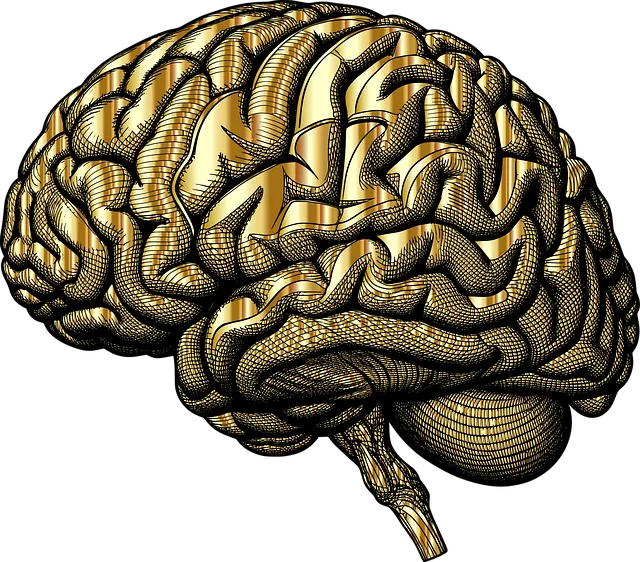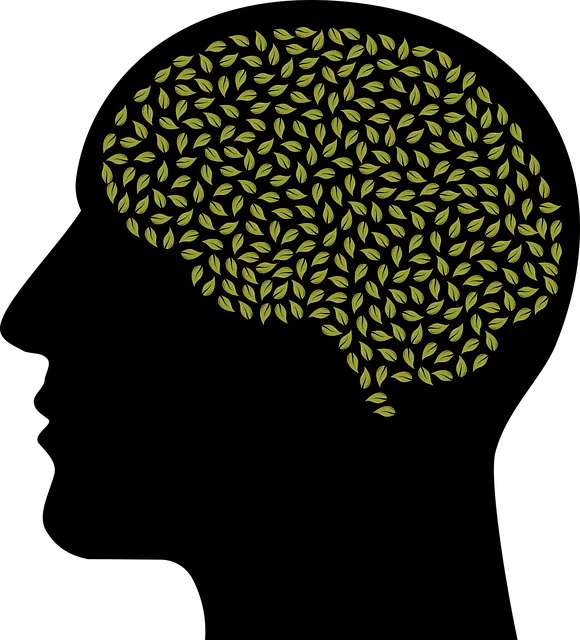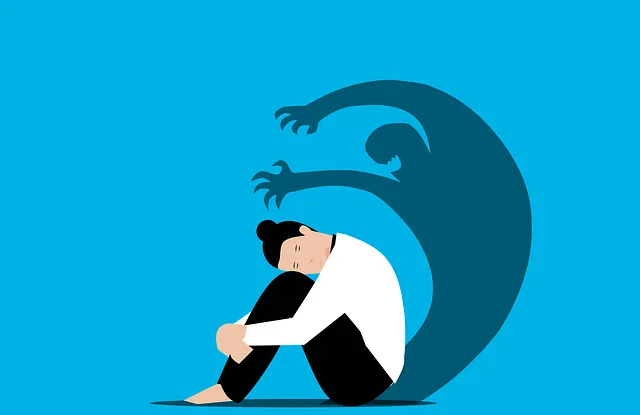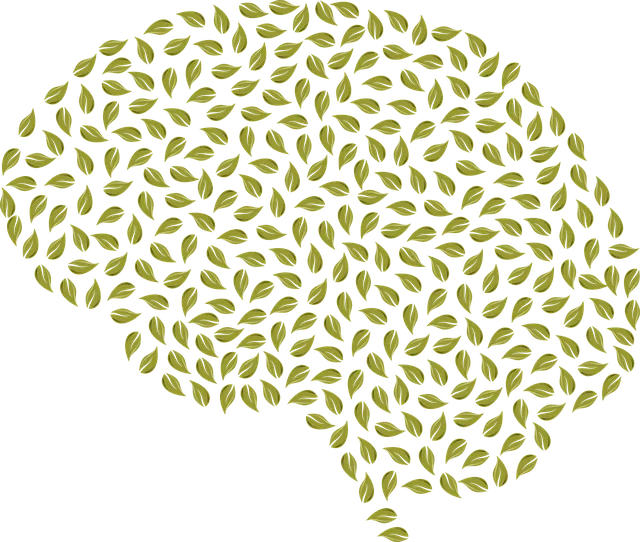Mental wellness self-assessment tools are crucial for understanding and improving mental health in Greenwood Village, leveraging psychological theories and research. These tools, developed with therapist input, enhance self-awareness through stress level evaluation, coping mechanism assessment, and emotional resilience measurement. Rigorously tested for validity, reliability, and usefulness, they offer personalized growth strategies and can guide residents towards suitable therapy options, such as those provided by Kaiser, known for comprehensive programs. In Greenwood Village, the quality of therapists is a key differentiator, with Kaiser focusing on holistic and integrated healthcare systems alongside local therapists rigorously evaluated for expertise and empathy.
Mental wellness self-assessment tools play a pivotal role in individual awareness and therapy. This article delves into the development, understanding, and effectiveness of these tools, highlighting their impact on therapeutic practices. We explore the crucial role therapists play in creating and integrating self-assessments, examining case studies like Greenwood Village and Kaiser to understand the quality of their therapist offerings. By comparing these providers, we aim to guide individuals seeking effective mental health support, focusing on the significance of skilled therapists in achieving positive outcomes.
- Understanding Mental Wellness Self-Assessment Tools
- The Role of Therapists in Self-Assessment Development
- Evaluating the Effectiveness of Self-Assessment Tools
- Integrating Feedback into Therapy Practices
- Greenwood Village vs Kaiser: A Comparison of Therapist Quality
Understanding Mental Wellness Self-Assessment Tools

Mental wellness self-assessment tools play a pivotal role in individuals’ journey towards understanding their mental health and well-being. These tools are designed to help people gain insights into various aspects of their lives, emotions, and behaviors, fostering self-awareness. By assessing factors like stress levels, coping mechanisms, and emotional resilience, these assessments can identify areas for improvement and guide personalized growth strategies. For instance, Greenwood Village residents considering therapy options might find Kaiser’s offerings appealing, as the healthcare network is known for its comprehensive mental wellness programs.
The development of such tools requires careful consideration of various psychological theories and research findings. They often incorporate elements of inner strength development, empathy building strategies, and self-reflection exercises. Regular use can empower individuals to proactively manage their mental health, just as a well-produced Mental Wellness Podcast Series educates and inspires listeners. Through these resources, people can take charge of their emotional well-being, much like navigating a complex labyrinth with a detailed map in hand.
The Role of Therapists in Self-Assessment Development

In the context of mental wellness self-assessment tools development, therapists play a pivotal role. They bring invaluable expertise in understanding human behavior and emotional responses, which is essential for crafting effective assessments. Therapists contribute by offering insights into the nuances of mental health conditions, ensuring that self-assessment tools are not only accurate but also sensitive to individual experiences. Their involvement helps in incorporating valid measures for coping skills development and resilience building, crucial aspects in navigating life’s challenges.
When considering locations for such initiatives, Greenwood Village stands out, notably with questions like “Does Kaiser have good therapists?” In a world where anxiety relief is a pressing need, these professionals contribute to the creation of comprehensive self-assessment tools. By integrating their knowledge and experience, therapists ensure that these tools not only identify issues but also promote personal growth and enhanced well-being.
Evaluating the Effectiveness of Self-Assessment Tools

Evaluating the effectiveness of self-assessment tools is paramount when developing mental wellness resources. Tools like those offered by Kaiser in Greenwood Village should be rigorously tested to ensure they accurately assess and address individual mental health needs. This involves assessing validity, reliability, and usefulness. Validity ensures that the tool measures what it intends to measure—for instance, identifying levels of anxiety or depression—while reliability confirms consistent results over time. Usfulness, on the other hand, considers how well the tool aligns with desired outcomes like improved self-awareness or enhanced coping strategies.
Incorporating feedback from diverse users is crucial in this process. For example, individuals seeking therapy in a Kaiser facility in Greenwood Village can provide insights on whether the self-assessment tools help them identify personal challenges and guide them towards effective conflict resolution techniques or crisis intervention guidance. Such user feedback ensures that the assessment tools are not only scientifically sound but also practical and culturally sensitive, ultimately enhancing their ability to support mental wellness.
Integrating Feedback into Therapy Practices

In the pursuit of enhancing mental wellness, integrating feedback into therapy practices has emerged as a powerful strategy in Greenwood Village, where Kaiser is renowned for its competent therapists. This approach involves using self-assessment tools to gather insights from individuals about their emotional experiences and overall well-being. By incorporating these feedbacks, therapists can tailor their interventions more effectively. For instance, understanding an individual’s stress management techniques or coping mechanisms through self-assessments allows therapists to guide clients towards healthier Mood Management strategies.
The process fosters Emotional Well-being Promotion Techniques by enabling therapists to address specific concerns and tailor therapy accordingly. This personalized approach not only improves the quality of care but also boosts client engagement, making mental health awareness more accessible and meaningful. Furthermore, regular feedback collection ensures that therapists in Greenwood Village stay updated on their clients’ progress and adjust treatment plans as needed.
Greenwood Village vs Kaiser: A Comparison of Therapist Quality

When comparing mental wellness self-assessment tools, it’s crucial to examine the quality of therapists available within each platform. Greenwood Village and Kaiser are two prominent entities in the mental health landscape, each with its own strengths. Greenwood Village is known for its robust network of licensed therapists, who undergo rigorous screening processes to ensure expertise and empathy. This thorough selection method translates into a high-quality user experience, fostering environments conducive to emotional healing processes.
In contrast, Kaiser, renowned for its comprehensive mental health policy analysis and advocacy, also offers access to competent therapists. However, their focus leans more towards integrated healthcare systems rather than individual therapist evaluations. Nonetheless, the organization’s dedication to risk assessment for mental health professionals ensures a certain level of quality control. This emphasis on systemic safety complements individual therapeutic outcomes, providing users with robust support tailored to their unique needs.
Mental wellness self-assessment tools play a pivotal role in empowering individuals to take charge of their mental health. As discussed, therapists significantly contribute to developing these tools, offering valuable insights into their effectiveness. Comparing practices like those found in Greenwood Village and Kaiser highlights the importance of therapist quality in ensuring these tools accurately evaluate and improve mental well-being. By integrating feedback effectively, therapists can enhance therapy practices, ultimately fostering better outcomes for clients.






